Best hip stretches: undo the damage of your desk job with these satisfying hip stretches
Spent the day sitting down? Maintain your flexibility and mobility by doing these hip stretches daily
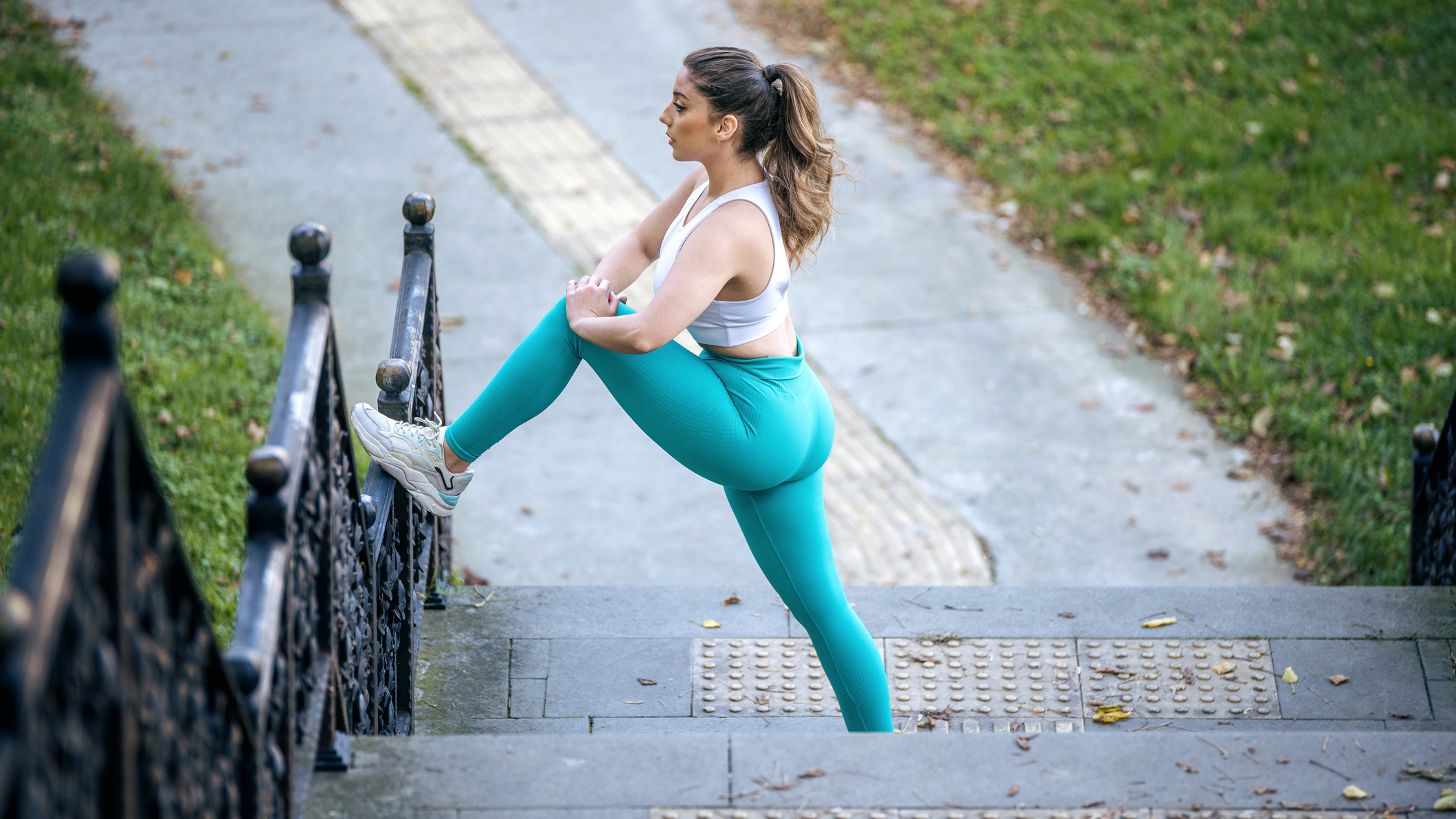

Howard Calvert
Your hips are one of the largest weight-bearing joints in the body. Responsible for all movement in the lower leg, as well as supporting and stabilizing the upper body, happy hips are crucial for movements like walking, running, jumping, squatting and bending forward.
When your hips hurt, it can have serious repercussions for everyday life. One of the major culprits for hip pain is too much sitting.
Henry Ojo, neuromuscular and musculoskeletal injury rehabilitator, says it’s not a good idea to have your hips in flexion for long periods during the day.
"Whether it’s sitting at a desk, watching the latest episode of your favorite show, driving for an hour plus or even commuting on the bus or train, all these activities will shorten the hip flexors," he explains.
But doing some regular hip stretches (along with hip strengthening exercises) can help you counteract this.

Henry is a neuromuscular and musculoskeletal injury rehabilitator, with a Bachelor of Science Degree in Sports Rehabilitation from the renowned St Mary’s University in London. He has previously worked with professional sports teams and athletes.
Best hip stretches for improving hip mobility
"Regular stretching lubricates the joints, improves circulation, and reduces stiffness," says physical therapist Nicki Evans. "Whether you're an athlete, desk worker, or someone who wants to maintain mobility as you age, it is vital to prioritize hip flexibility for optimal physical function and longevity."
Try doing these stretches throughout your day, to combat the effects of sitting.
Get the Fit&Well Newsletter
Start your week with achievable workout ideas, health tips and wellbeing advice in your inbox.

Nicki Evans, DPT is a physical therapist and owner of Stride Physical Therapy and Wellness. She has an undergraduate degree in biology and a Doctor of Physical Therapy degree from the University of the Pacific in California. Over the last decade Nicki has worked as an outpatient physical therapist where she has seen the benefits of a hands-on approach combined with active movement
Pigeon pose
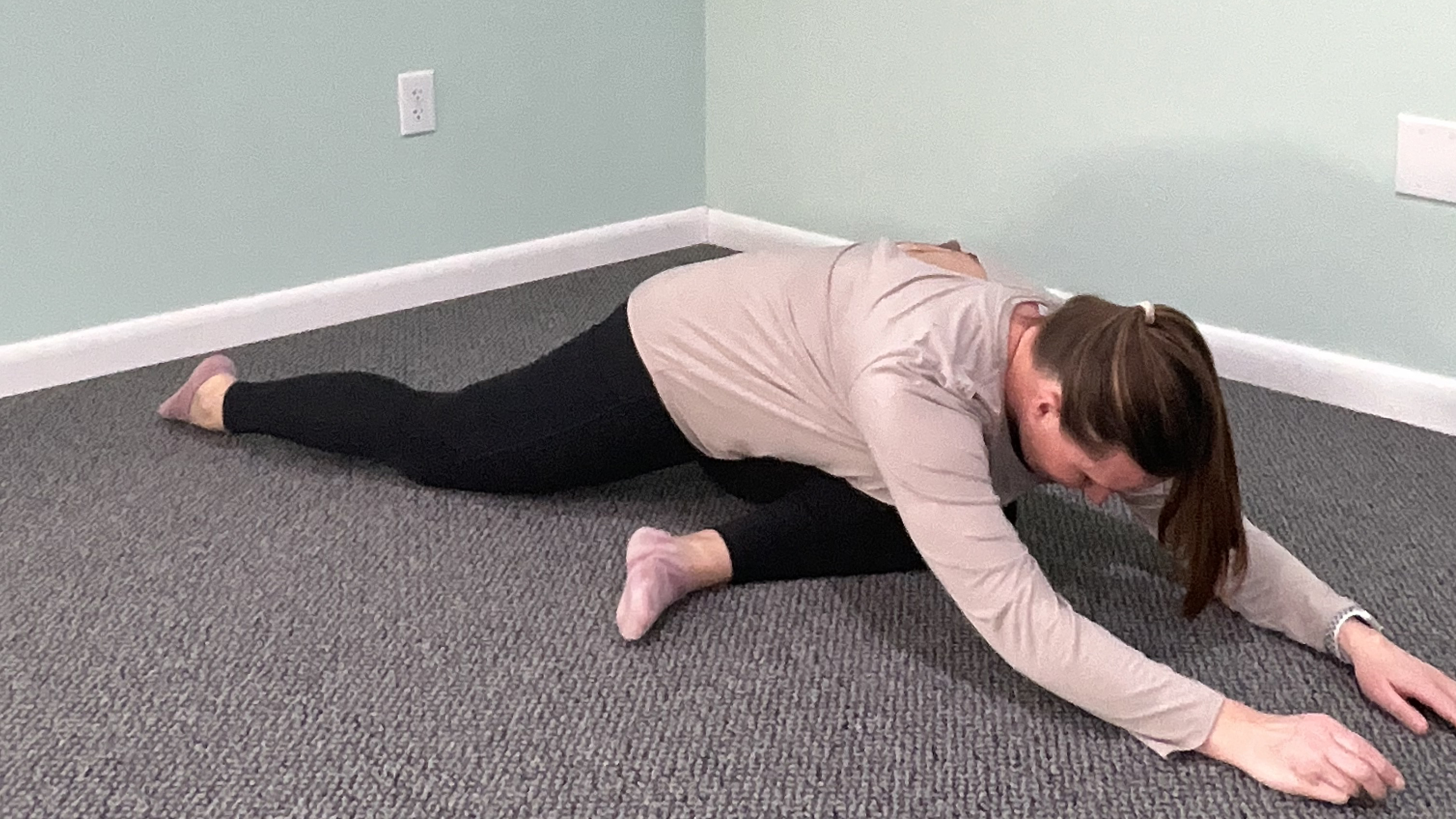
- Sit on the ground with your front leg bent and back leg straight.
- Lean forward and walk your hands in front of you. You can rest on your forearm or walk your hands forward. Keep your hips level; you may have to rotate your hips to the right or left to do this and the hips may come off the ground.
- Hold for up to one minute and switch sides.
Benefits of this pose
"Pigeon pose stretches and releases tension in the hips, focusing on the hip flexors, piriformis [a muscle located deep in the buttock] and glute muscles. By folding forward and extending one leg behind while bending the other leg, pigeon pose targets the piriformis muscle, which can become tight from sitting or repetitive movements," says Evans.
Hamtring stretch
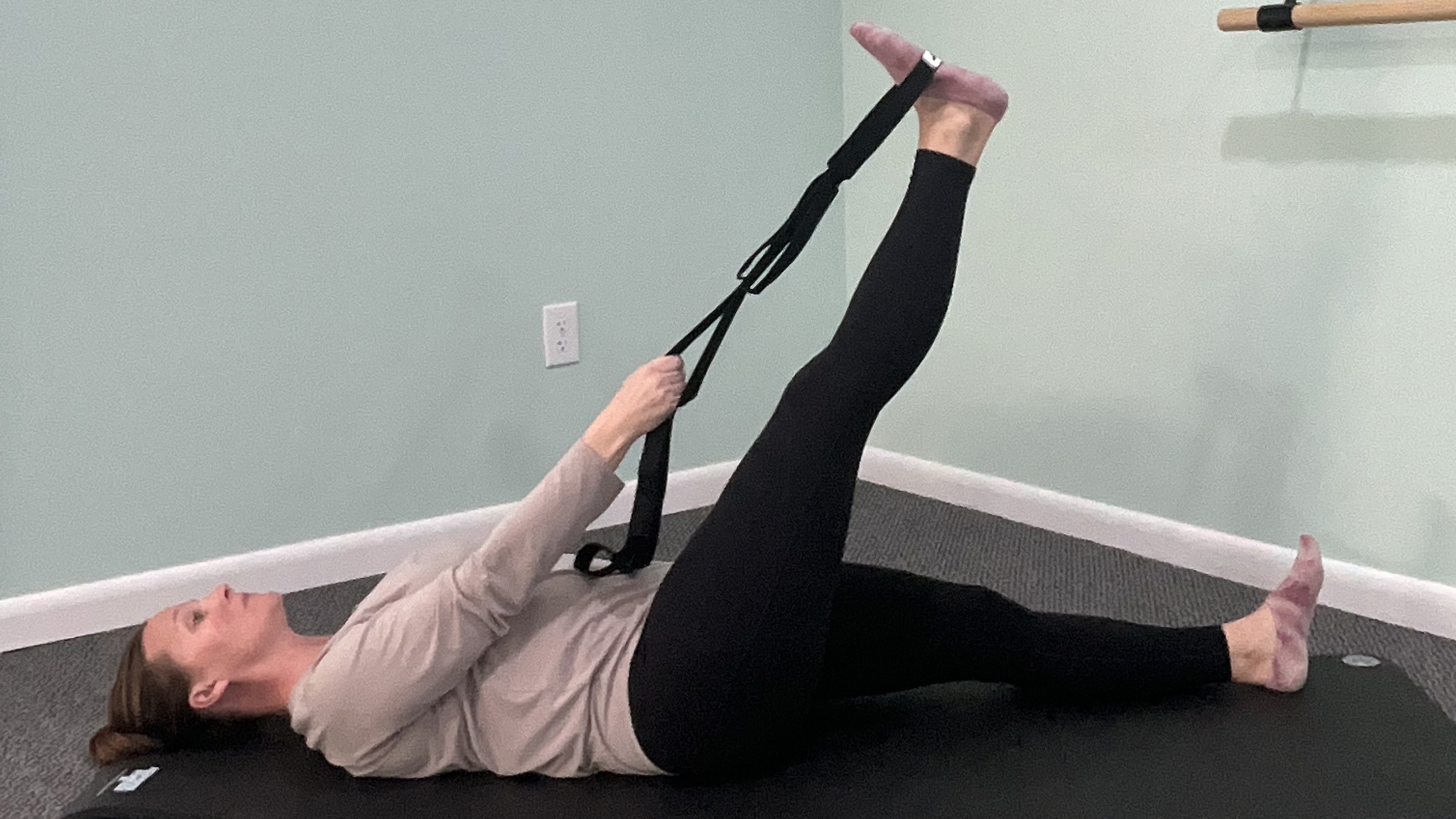
- Lie on your back and place a non-stretchy towel, strap or strong resistance band on the arch of one foot.
- Straighten the leg while holding the strap, until you feel a light stretch in the hamstring and try not to bend the knee. Aim to keep the back flat as well as the opposite leg.
- Hold for one minute then switch sides.
Benefit of this stretch
"Tight hamstrings can cause strain on the lower back and pelvic and hip region, resulting in discomfort or pain. By stretching the hamstrings, you can relieve this strain by reducing tension in the muscles and improving the alignment of the pelvis and spine," says Evans.
Hip flexor stretch

- Kneel and place one leg in front of you with your foot flat on the ground.
- Slowly lean forward until a light stretch is felt in the front of the hip on the back leg. For a deeper stretch raise both arms to the sky and perform a very small lean back of the trunk.
- Hold for up to one minute and switch sides .
Benefits of this stretch
"This stretch effectively lengthens the muscles [that can be shortened by sitting down] and promotes flexibility, helping to alleviate tightness and improve overall posture. By opening up the hips and increasing flexibility, hip flexor stretches counteract the negative effects of prolonged sitting and contribute to a healthier body," says Evans.
Why hip stretches are important
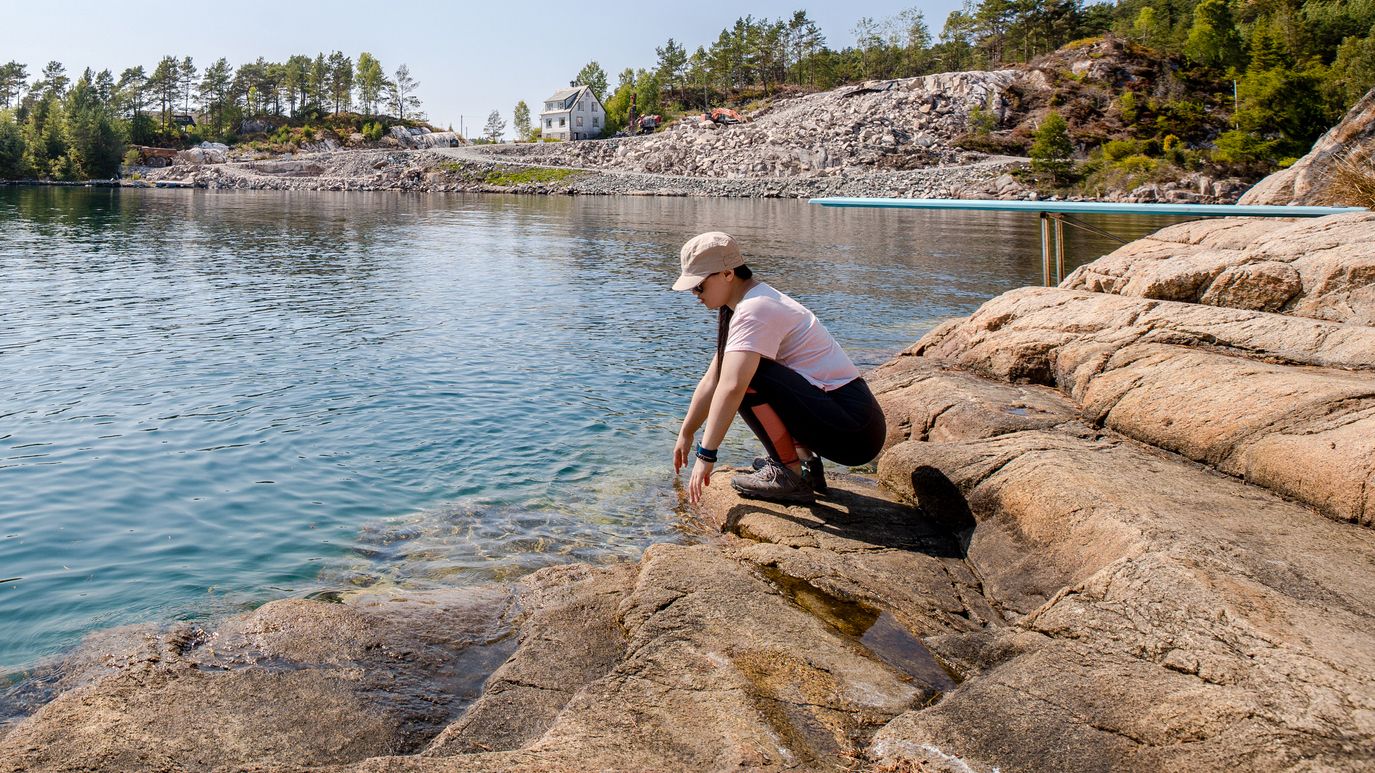
The hip is like the highway of muscle connections. More than 20 muscles are connected to, or pass over, the joint. Some main muscles include the abductors in the outer thigh, the hip flexors running down the front, and the adductors on the inner thigh. If any of these muscles shorten due to prolonged sitting, it will have a knock-on effect on other muscles, particularly those in the lower back and legs.
Stretching exercises can combat this, but it's also a good idea to try and move more throughout your day and walk around regularly. This will allow our hips to flex and extend repeatedly, propelling our movement forward and working them through their natural movement pattern.
Ojo says that there are several musculoskeletal conditions of the hip that research has shown are related to tight hip flexors, from ‘pinching hip’ to greater trochanteric bursitis [inflammation of the hip] and even lower back pain.
That's why it's important to keep the area limber and strong by regularly exercising.
Need something to support your new stretching schedule? Our guide to the best yoga mats can help
Annabel Lee is a freelance writer specializing in wellbeing with over a decade of experience. Her work has appeared in titles like Glamour, Business Insider, and Huffington Post. Although she no longer teaches, Annabel trained as a yoga and mindfulness teacher and is also a co-host of the Selfie Development podcast, which explores the world of wellness, self-development, and spirituality.
-
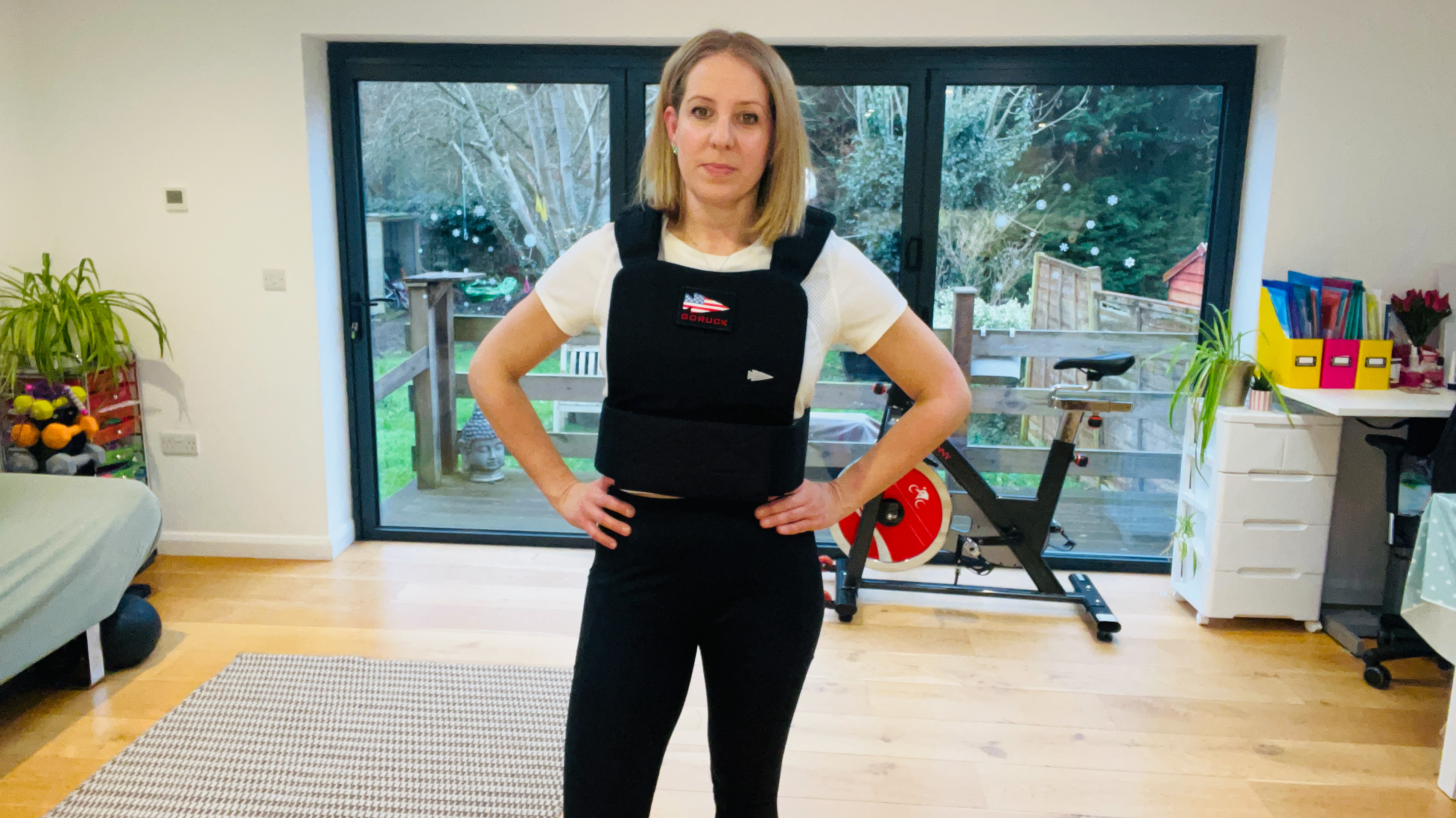 I’m a personal trainer and I tell all my clients to do this weighted workout to build muscle and bone health
I’m a personal trainer and I tell all my clients to do this weighted workout to build muscle and bone healthMake home training even more effective
By Maddy Biddulph Published
-
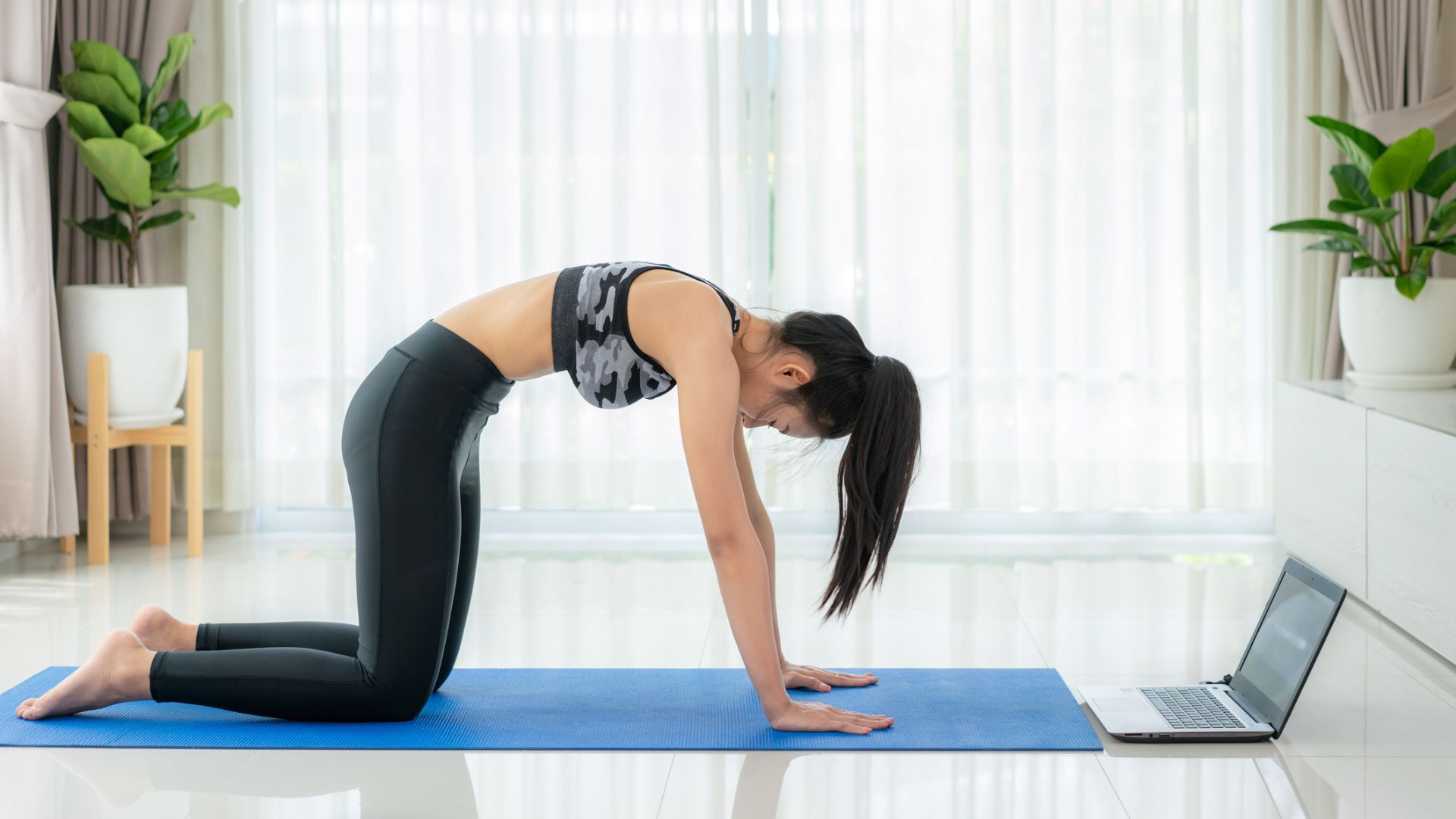 I'm always stiff from sitting, so I tested out a 12-minute morning mobility routine to see if it could help
I'm always stiff from sitting, so I tested out a 12-minute morning mobility routine to see if it could helpThe short routine taught me a lot about my body
By Becks Shepherd Published